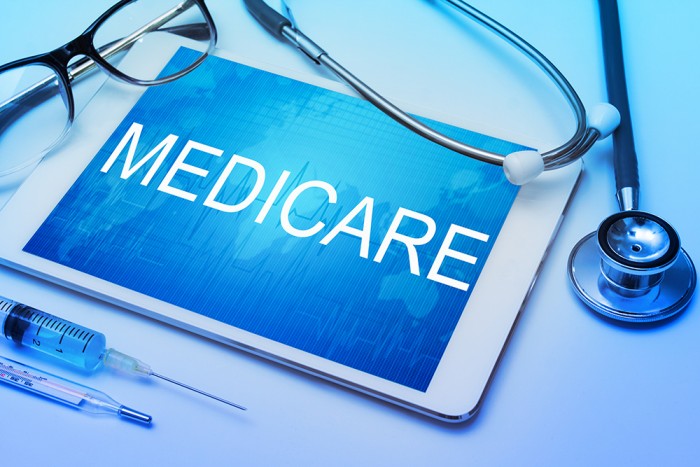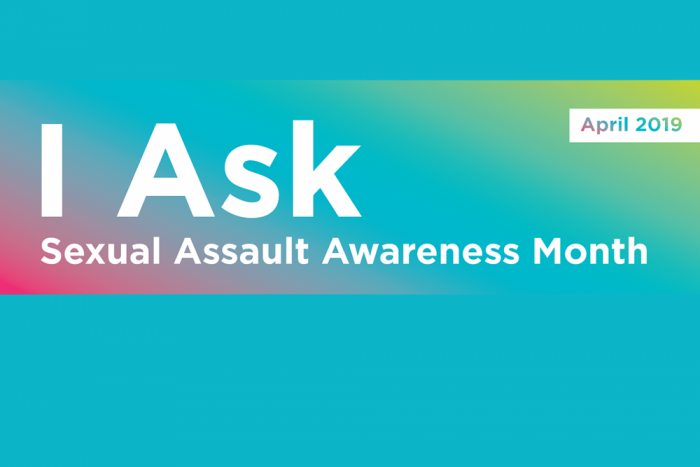The Department of Human Services (DHS) has released a Request for Information (RFI) to gather input from vendors and other stakeholders on the specific measures it may undertake to improve the quality, consistency and effectiveness of the Office of Long-Term Living’s (OLTL’s) Independent Enrollment Broker’s (IEB’s) services.
This RFI will gather input and information concerning the application and enrollment services and support services for the beneficiaries of two Medical Assistance (MA) managed care programs, one 1915(c) MA home and community-based services (HCBS) waiver program and a state-funded program, all administered by the DHS OLTL. Through these programs, eligible beneficiaries receive long-term services and supports (LTSS) and other benefits, depending on the particular program.
Specifically, DHS issued this RFI to solicit input on its potential strategies and solutions to improve the LTSS application and enrollment services and beneficiary support services provided by the OLTL’s IEB to individuals who apply for and enroll in the Community HealthChoices (CHC) Program, the Pennsylvania Living Independence for the Elderly Program (LIFE), the OBRA Waiver and the state-funded Act 150 Attendant Care Program.
DHS is requesting that all responses to the RFI be submitted by 12:00 p.m. on July 29, 2019. Responses must be submitted electronically to the following email account with “OLTL Application and Enrollment Services RFI” in the email subject line: RA-PWRFICOMMENTS@PA.GOV.
DHS does not intend to respond to questions or clarifications during the RFI response period; however, respondents may submit questions related to the RFI electronically to: RA-PWRFICOMMENTS@PA.GOV using “OLTL Application and Enrollment Services RFI question” in the email subject line. DHS may or may not respond based on the nature of the question.
If you have any questions regarding this email please contact Michael Hale, Bureau Director, Fee for Service Programs at mhale@pa.gov.
RCPA will be scheduling teleconference calls in the coming weeks to review this RFI and obtain feedback from members.














